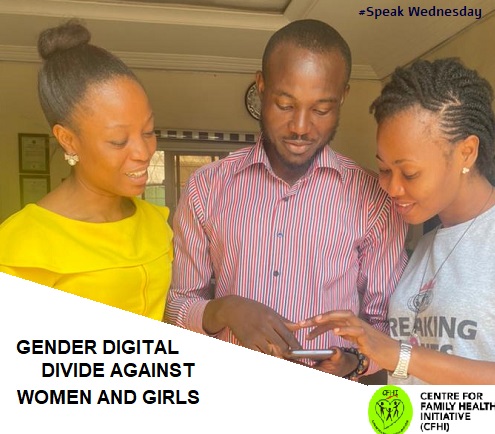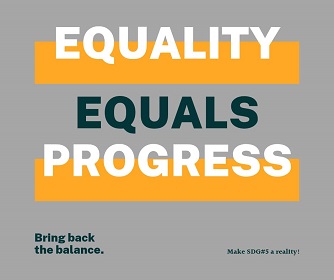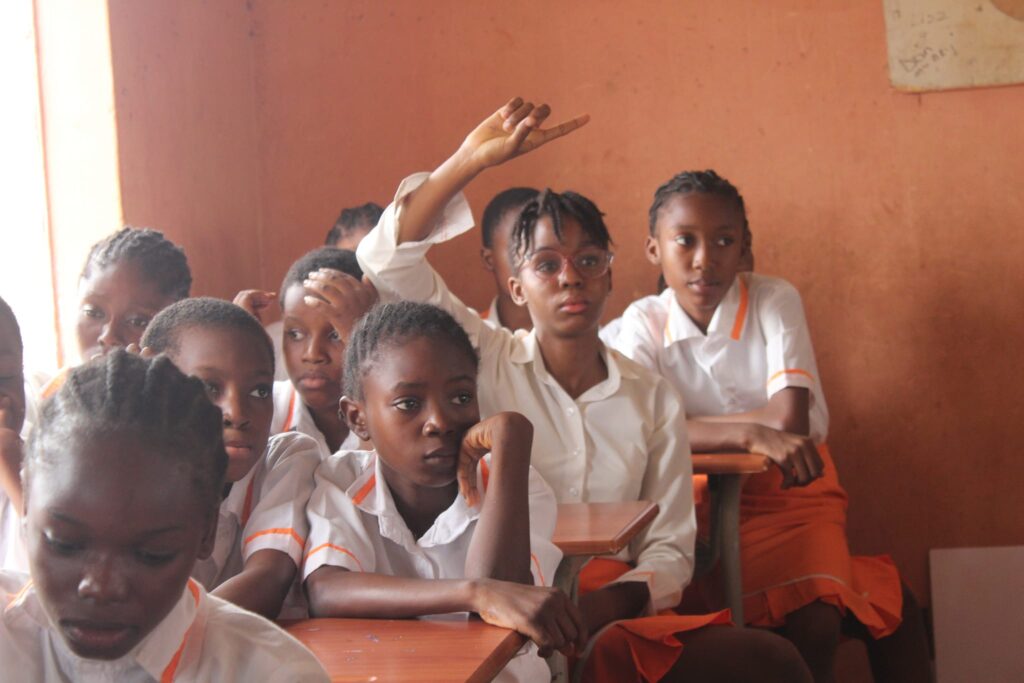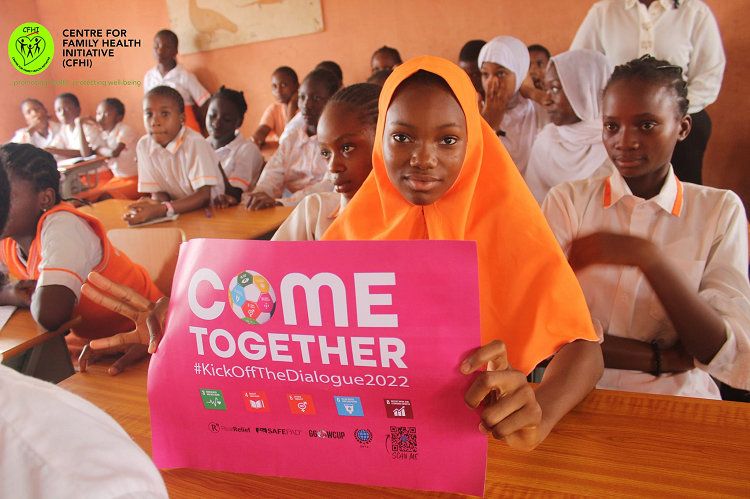
Widowhood, the death of a spouse is often considered one of the stressful events that can take place in a person’s life. Widowhood has been found to have a negative association with the financial well-being of women. When a woman loses their partner the burden of catering for the home becomes unbearable most especially in cases where the woman was a full-time housewife, comes from a cultural background where the properties of her husband are confiscated by the in-laws or where the woman is quite aged.
According to Sevak et al in the paper “The Economic Consequences of a Husband’s Death”, In the 1970s, 37 per cent of new widows became poor after widowhood. By the 1990s, this rate had fallen to between 12 per cent and 15 per cent. Nevertheless, widowhood remains an important risk factor for transition into poverty. Faced with the loss of resources in widowhood, women have only a few options available to improve their economic status”. This excerpt shows that indeed there is a financial burden associated with the loss of a partner.
According to the World Bank Organization, one in ten African women above the age of 14 is widowed, and six per cent are divorced. In Nigeria, about 1 per cent of all Nigerian men are widowers while 9 per cent of women are widows. Strikingly, while the share of widowers among men aged 75 and older is about 11 per cent, it is 77 per cent for women of the same age. In Nigeria, the socio-economic status of widows is incomparably stressful due to certain traditional barriers to assessing the land, capital, credit, employment, housing, and other means of livelihood. In other words, Widowhood, therefore, deprives women of homes, agricultural land and other assets. This often limits the ability of widows to become economically secure.
The poverty level of widows is exacerbated by factors of illiteracy and lack of education and training. Long-drawn out and rigid and expensive burial rites further compound the economic condition of widows (Research on Humanities and Social Sciences, 2013). In certain parts of the country, it is observed that during the mourning period a widow is unable to engage in any economic venture nor carry out any personal work to earn an income. However, she is expected to bear the financial burden expected of widows to make an elaborate party for the outing ceremony after her mourning. These women often times are made to spend all they have left in shouldering this responsibility. This inevitably marks the beginning of a terrible financial crisis for the widow and her children.
For many widows in Nigeria, the implications of poverty include withdrawal of children from school and the adoption of coping strategies such as engaging in exploitative informal work, engaging the children in child labour and hawking, begging and sex work (Research on Humanities and Social Sciences, 2013).
As a society, we need to be more intentional about alleviating the hardships of widows. This could range from advocating for policies that address systemic inequalities which enable women to support themselves in the face of marital dissolution. This could include reforms to credit markets, where women are particularly disadvantaged; ensuring equal ownership and inheritance rights for women. (World Bank Organization, 2018), encouraging qualitative female education at an early stage, enhancing women economic empowerment through enlightenment programs and vocational skills acquisition, particularly widows, for them to become self-reliant and cater for the needs of their immediate families.
Also, through advocacy and public health awareness campaigns, the enlightenment of the public about the plight of the widows should be intensified in order to eliminate the dehumanizing traditional practices to which Nigerian widows are often subjected.
Speak Wednesday is an initiative of Centre for Family Health Initiative (CFHI) to address issues around gender-based violence and gender bias. Join us every Wednesday on all our social media platforms for more interesting episodes.










